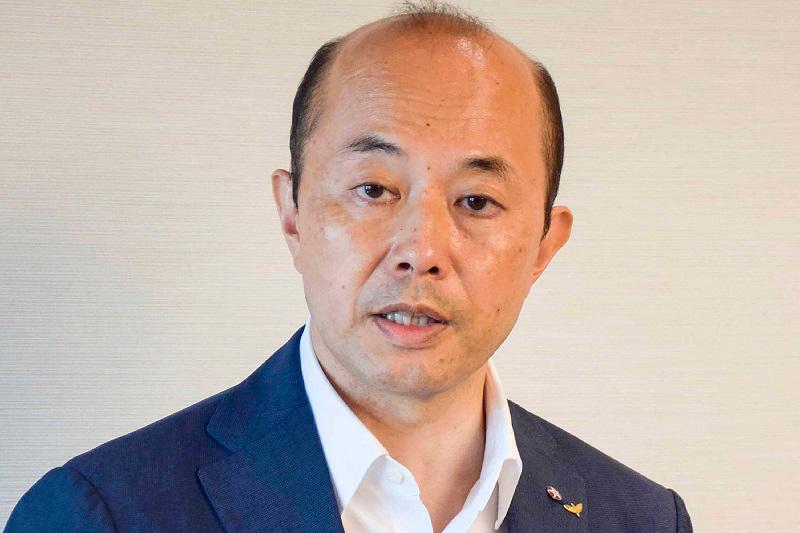TOKYO: Nagasaki’s mayor said Thursday it was “unfortunate” that US and British ambassadors have refused to attend a ceremony marking the 1945 atomic bombing of the Japanese city because Israel was snubbed.
But he defended the decision not to invite Israel to Friday’s annual event, repeating that it was “not political” but to avoid possible protests related to the Gaza conflict.
“It is unfortunate that they have communicated to us that their ambassadors are not able to attend,“ Shiro Suzuki told reporters.
“We made a comprehensive decision not for political reasons. We want to conduct a smooth ceremony in a peaceful and solemn environment.”
On August 9, 1945, the United States dropped an atomic bomb on Nagasaki, killing 74,000 people including many who survived the explosion but died later from radiation exposure.
This came three days after the first nuclear bomb on Hiroshima that killed 140,000 people. Japan announced its surrender in World War II on August 15, 1945.
The United States, Britain, France, Italy and the European Union -- plus reportedly Canada and Australia -- are all sending diplomats below ambassador level to the ceremony.
Only the US and British embassies made an explicit link to Nagasaki’s decision not to invite Israel’s ambassador Gilad Cohen, although a source told AFP that Italy’s move was also a direct consequence.
The British embassy said leaving out Israel created “an unfortunate and misleading equivalency with Russia and Belarus -- the only other countries not invited to this year’s ceremony”.
A spokesperson for the French embassy called Suzuki’s decision “regrettable and questionable”, while the German mission criticised “placing Israel on the same level as Russia and Belarus”.
Cohen, who attended a similar memorial ceremony in Hiroshima on Tuesday, said last week that the Nagasaki decision “sends a wrong message to the world”.









